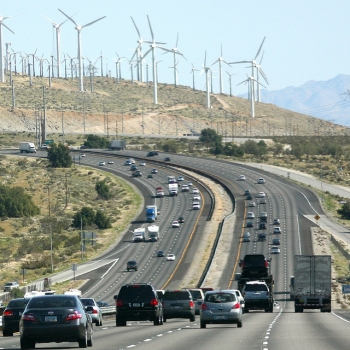Ecological Sustainability: A Look at Sustainable Development In India

Ecological Sustainability is a factor very close to ancient Indian culture and practices. However, in the mad rush to consumerism, there are several instances where balanced ecologies of the past are under pressure. There are several examples, of citizen initiatives which have questioned the rules of privatization and profit-making of a few, versus ecological disruption. A great ecological sustainability stance/initiative in recent Indian memory was the CHIPKO movement.
Sustainable Development in India has been neglected on the path to quick globalization and westernization. There is lacked disregard for our valuable practices that were so steeped in cultural practices, helping in maintaining delicate ecological balance.
Forests are corner stones of Ecology in India
Forests are corner stones of Ecology in India across the country, there are grooves of trees and certain ecological sections that are considered as sacred and prohibited to human movement, sometimes with permission to conduct religious ceremonies. Such protected areas are called by various names. In Karnataka, in the district of Coorg, where the river Cauvery takes birth, there are several pockets of forests called as ‘Gods’ forest’ or ‘Devara kaadu’ so as to prevent common people from entering these tracts for hunting, felling of wood. Such religiously protected regions remain to be the few places where rare species and native species of trees, plants, flowers and animal systems yet survive.
Questions of Ecological Sustainability are raised in view of the increased failure of the government to retain forest land, under pressure of placing large tracts of land under development of housing and townships. Sustainable Development in India is possible, if there is political will and sustained citizen participation.
Ecological Sustainability will be possible only if movements such as the CHIPKO movement are continued on all ecological aspects. The need for awareness and the harms of ecological imbalance was native knowledge to generations before. However, modern society especially in the past twenty years is so focused on development at a global pace that they fail to meet the ambitions and aspirations of Sustainable Development in India of their forefathers. Gone are the practices of retaining water-tables, giving back to the earth, what we took from her.
Our ancestors practised Ecological Sustainability. We currently follow Sustainable Development in India in bits and parts. We do not follow a consistent and fail-proof development model that delivers Ecological Sustainability or a Sustainable Development in India roadmap!
